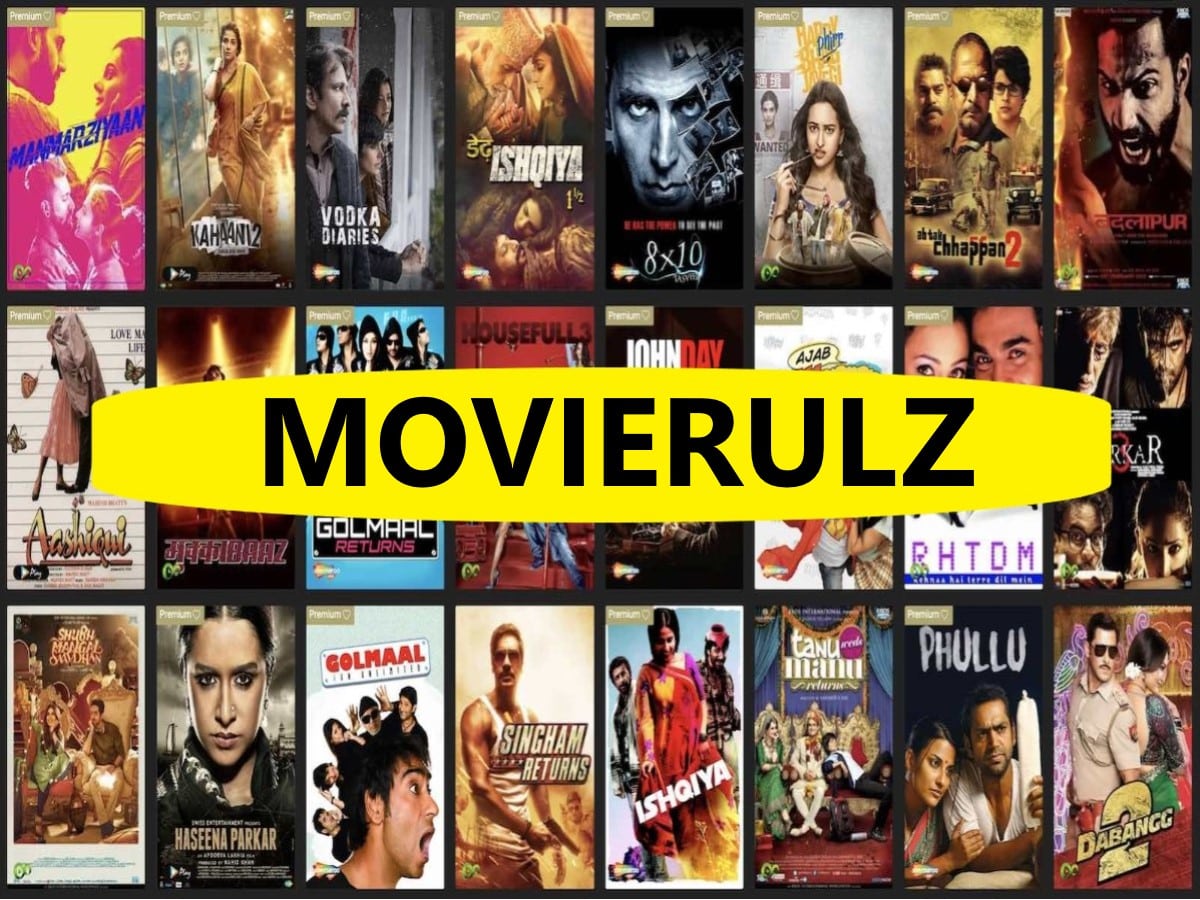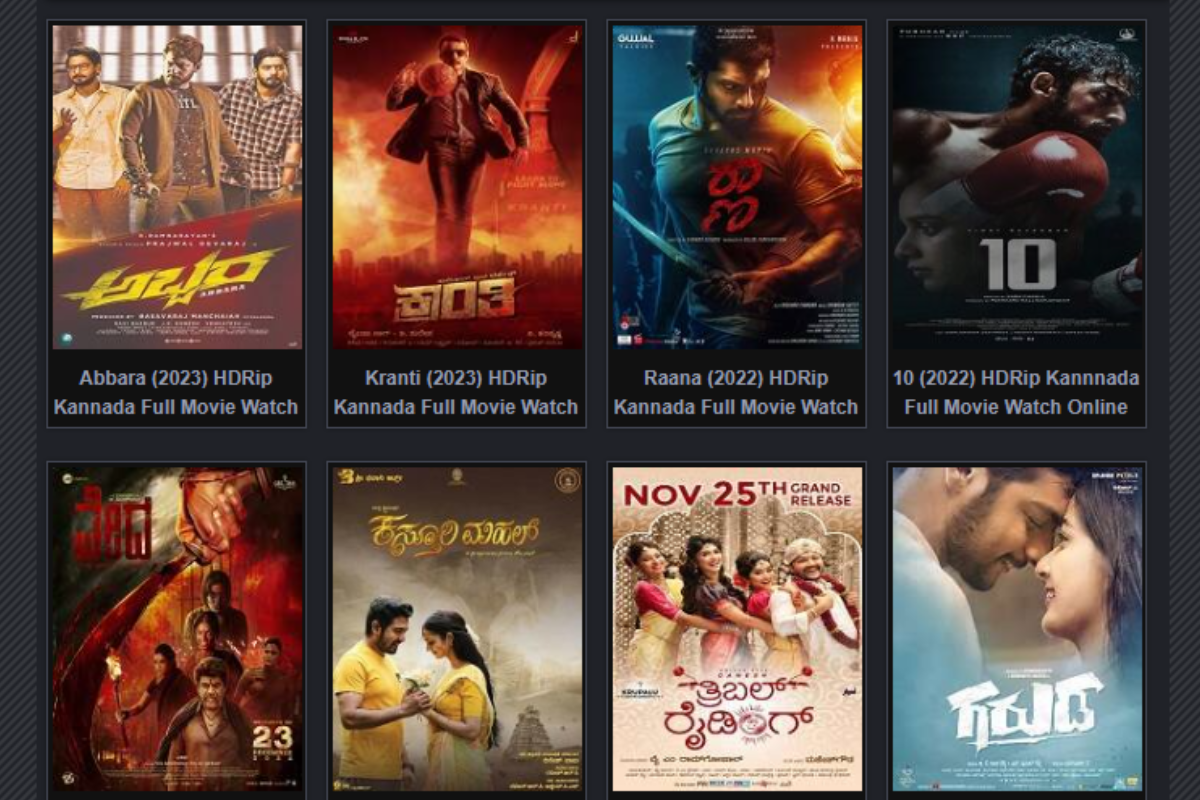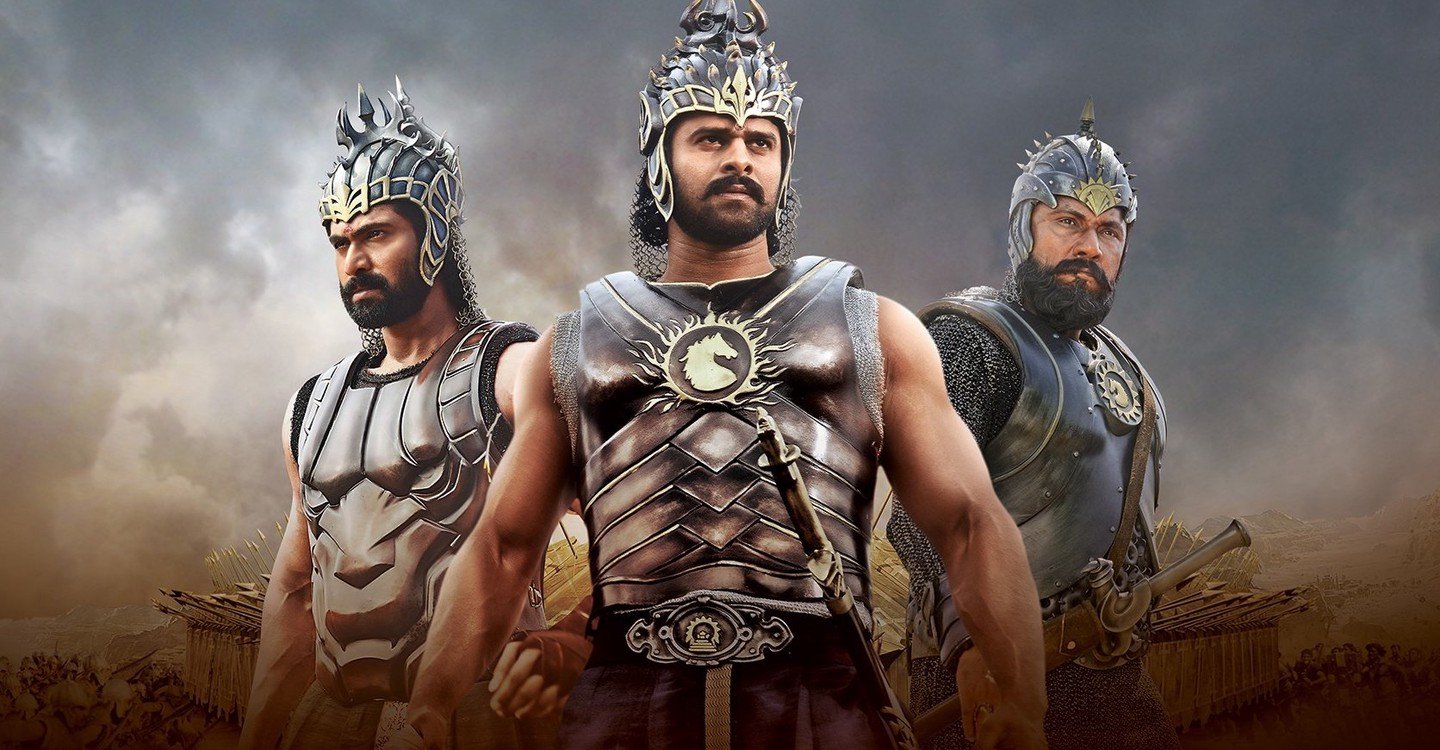Ever feel like you're trapped inside a movie that's constantly shifting, bending reality and playing tricks on your mind? If so, you're likely already a fan perhaps unwittingly of "movie ruzl," a cinematic phenomenon that's captivating audiences worldwide with its intricate plots and mind-bending storytelling. This is not just entertainment; it's an experience that challenges perception itself.
The magnetic appeal of movie ruzl rests squarely on its ingenious ability to craft complex narratives that not only entertain but actively engage the viewer. Its a potent cocktail of arresting visuals, groundbreaking narrative strategies, and deeply resonant themes. It's more than just watching a movie; it's a mental workout, a journey into the labyrinth of the human psyche. This genre distinguishes itself by not handing the answers on a silver platter but inviting viewers to become active participants in deciphering the puzzle, and it deserves celebration for its contributions to the art of film.
| Category | Information |
|---|---|
| Concept Origin | Emerged in late 20th and early 21st-century cinema, influenced by psychological thrillers, neo-noir, and art-house films. |
| Defining Characteristics | Non-linear narratives, unreliable narrators, dreamlike sequences, exploration of psychological themes (identity, memory, perception), ambiguous endings, visually stunning and often unsettling cinematography. |
| Key Themes | Nature of reality, identity crises, the impact of trauma, memory manipulation, existentialism, questioning sanity, blurring lines between dreams and reality. |
| Notable Directors | Christopher Nolan, Martin Scorsese, David Fincher, Darren Aronofsky, Charlie Kaufman, Denis Villeneuve. |
| Influential Films | Memento (2000), Fight Club (1999), The Machinist (2004), Inception (2010), Shutter Island (2010), Donnie Darko (2001), Eternal Sunshine of the Spotless Mind (2004), Mulholland Drive (2001), Primer (2004), Arrival (2016). |
| Impact on Filmmaking | Inspired a wave of filmmakers to experiment with narrative structure, visual storytelling, and complex character development. Led to increased audience engagement with films that demand active participation. Elevated the status of psychological and philosophical themes in mainstream cinema. |
| Elements Borrowed From | Film Noir, Psychological thriller, Mystery, Science Fiction, Surrealism. |
| Narrative Techniques | Flashbacks, Flashforwards, Dream Sequences, Subjective Camera Angles, Voice-over Narration. |
| Visual Motifs | Mirrors, Reflections, Labyrinths, Mazes, Shadows, and Recurring Symbols. |
| Audience Experience | Active Participation, Interpretation, Discussion, Re-watching (for deeper understanding), and Emotional Involvement. |
| Critical Reception | Generally positive, praised for innovation and complexity, but sometimes criticized for being pretentious or inaccessible. |
| Legacy | Continues to influence contemporary filmmakers and inspire new forms of cinematic storytelling. |
| Further Exploration | British Film Institute (BFI) - Explore articles, reviews, and essays on innovative filmmaking and psychological themes in cinema. |
- Ramzi Alamuddin The Rising Star In Digital Marketing
- New Desi Mmscom The Ultimate Guide To Exploring Indias Digital Entertainment Hub


